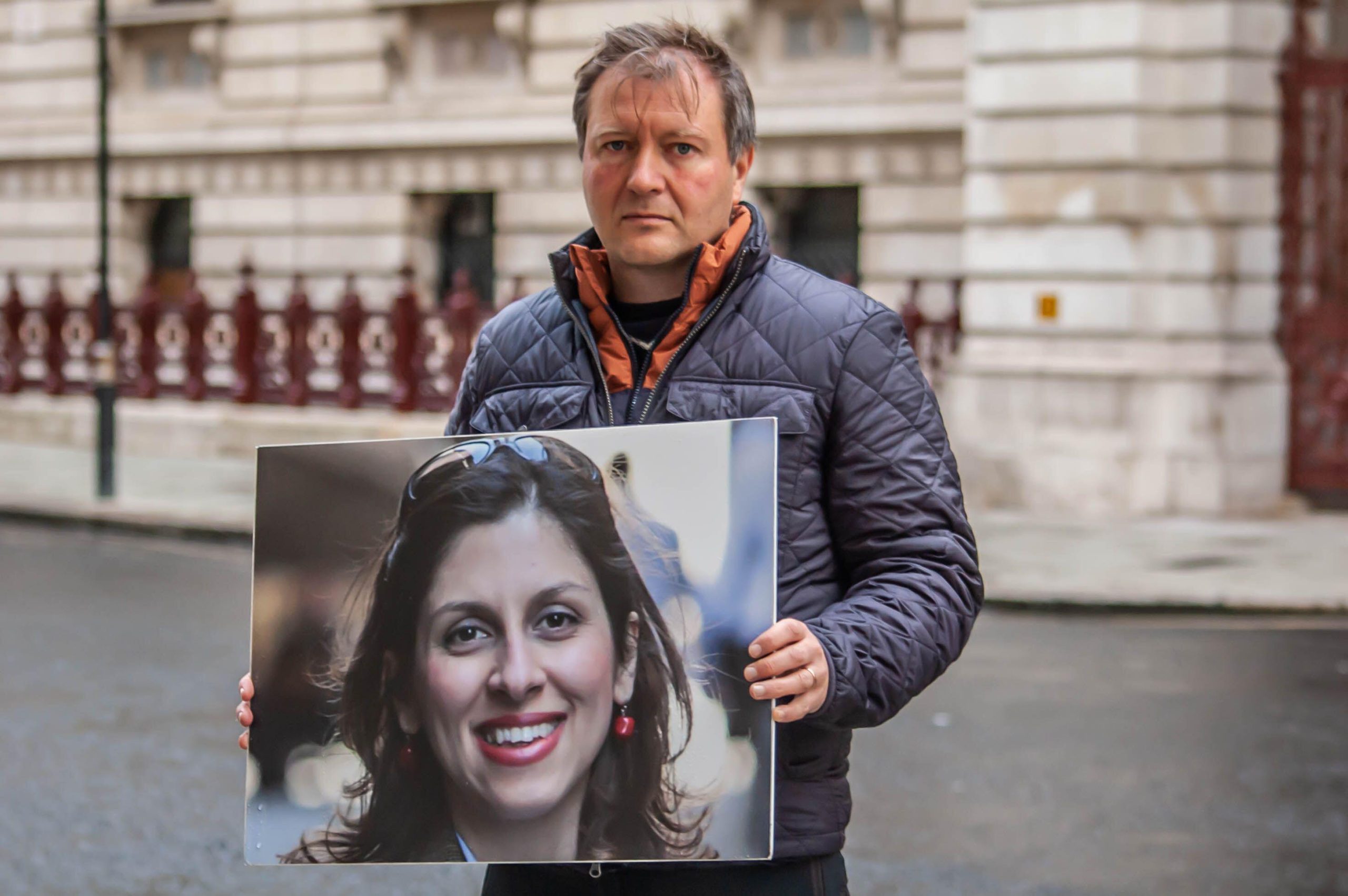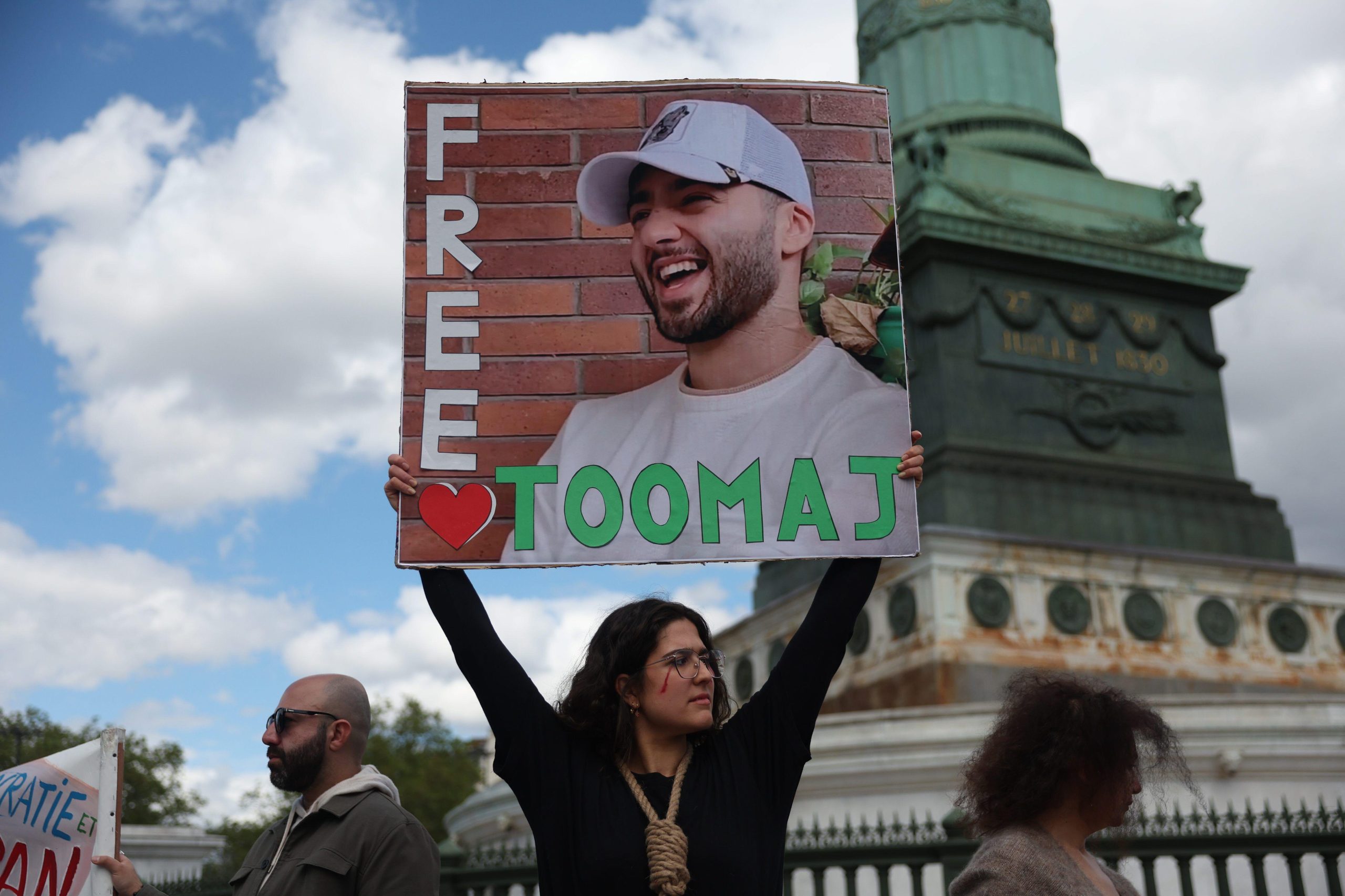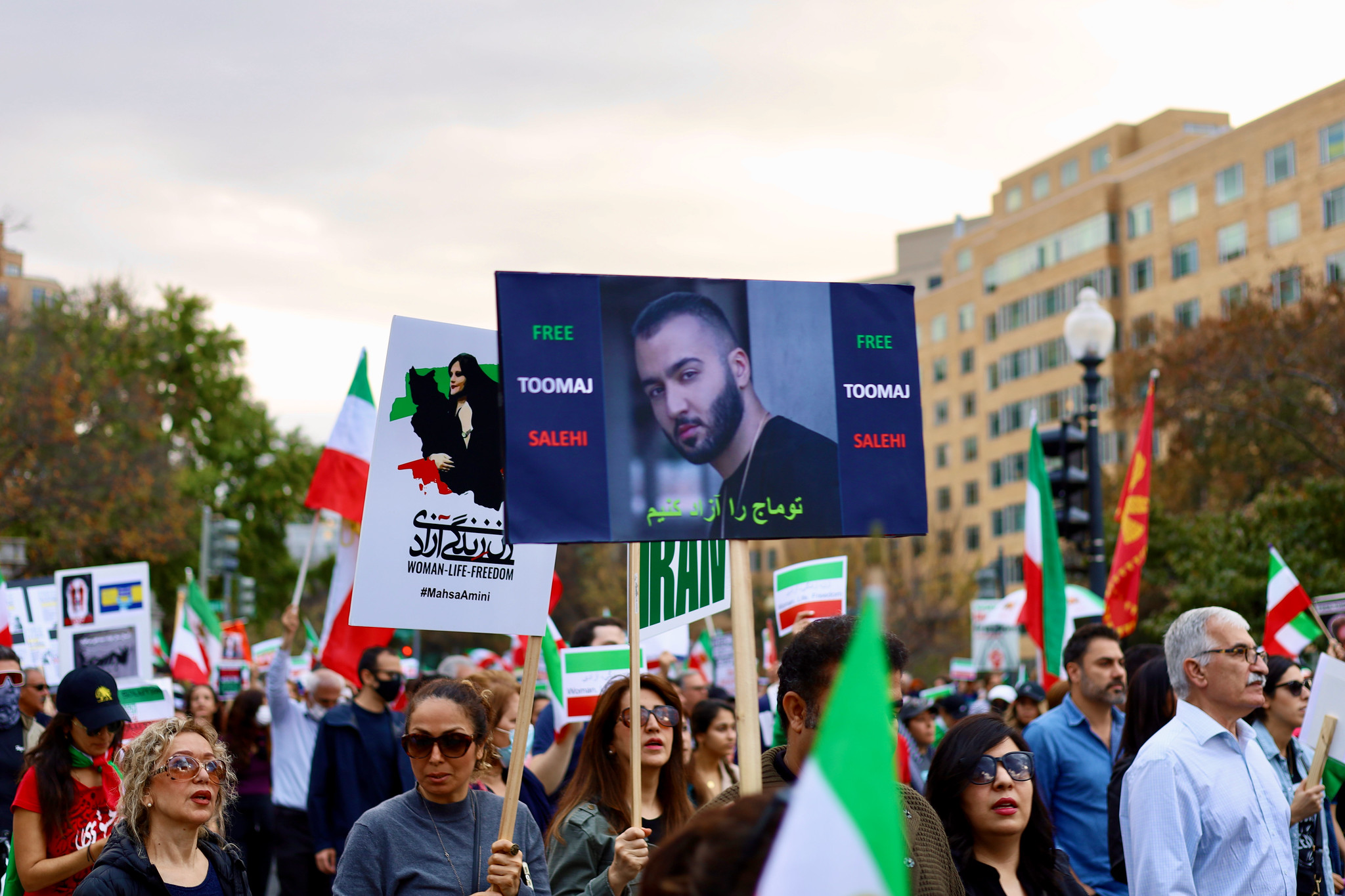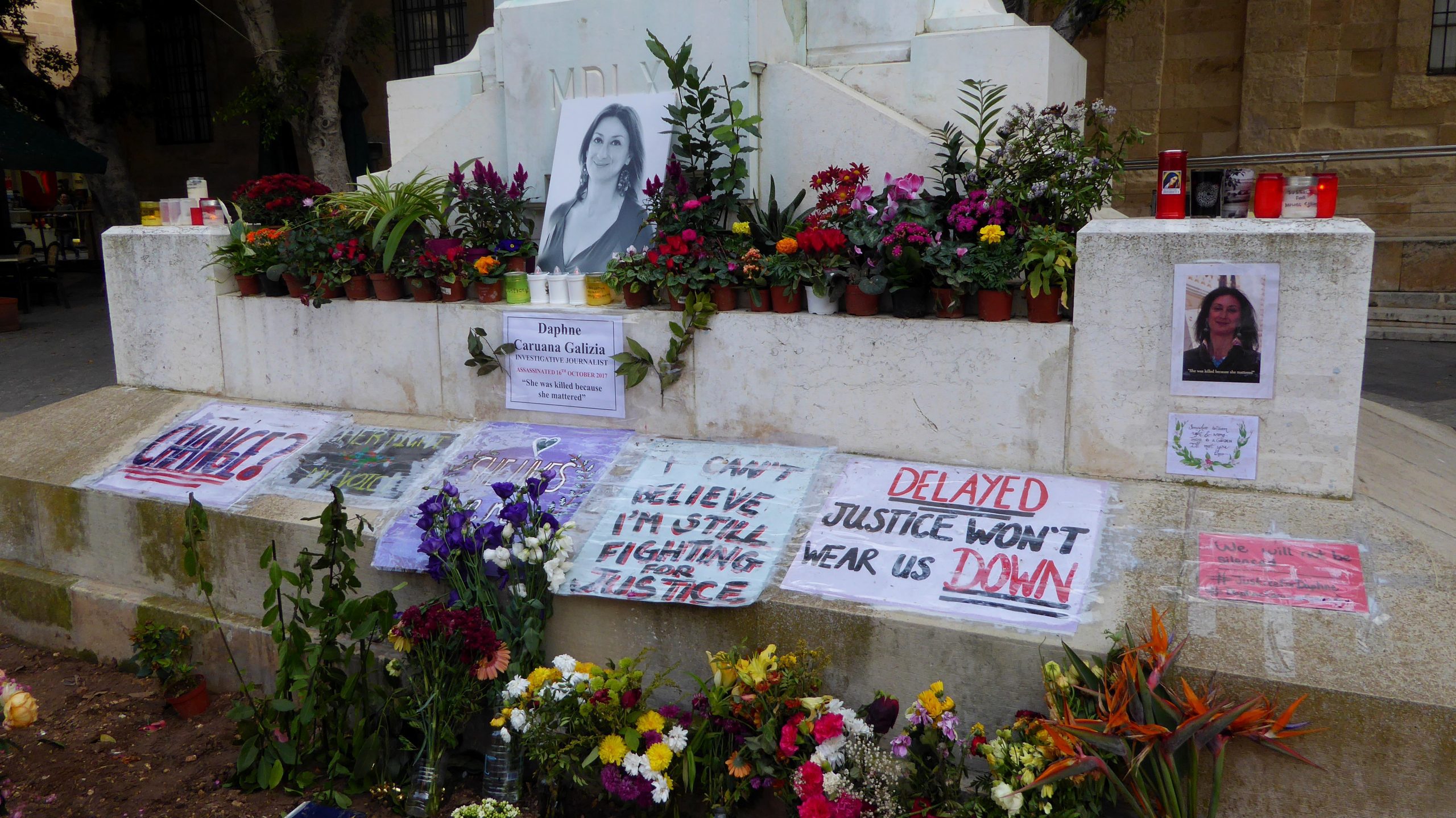At last night’s UNESCO’s 2011 World Press Freedom Day event, a distinguished panel examined the freedom to report in light of the Arab Spring.
One of the panelists was Shahira Amin, the brave Egyptian news anchor who quit in protest at Mubarak spin. She made it clear that the Arab Spring won’t change the situation on the ground for many local journalists. “The media in the Arab world has pretty much always been controlled by the state,” she said. “Autocratic regimes use state media to tighten their grip on power and this of course has been particularly true in the case of Egypt and Mubarak; even before Mubarak, Egypt has lived for 60 years under military rule.”
Amin had a stockpile of horrifying stories about the propaganda run by the Egyptian media. One tale in particular stood out. During the protests, one of the “independent” channels hosted a young girl, whose face was covered, who claimed she’d received training outside the country before joining the protests in Tahrir Square. It was later discovered that she was a producer working for that same channel. The level of control exercised over the country’s media was absolute, so how to transform the Egyptian media into a credible source of information?
Amin said: “[At] the start of the uprising the media in Egypt was in denial and ignored the protest. You would switch on the telly and find a programme on tourism to Sinai. Then the media attacked the protesters. In the final week of the protests there was outside pressure on the new government that Mubarak had put in place to free up the media and do away with censorship. Google executive Wael Ghonim, a founder of one of the Facebook groups who had summoned the protesters to Tahrir, was hosted on one of the independent channels and he told the story of how he had been blindfolded and locked up behind bars for 12 days for starting the uprising. That was a turning point in the revolution. The next day, the number of protesters more than doubled and this says a lot about the power of a free media.
But Egypt is a country where 40 per cent of the population live below the poverty line of two dollars a day. These people have no access to the internet, nor satellite channels. The state media is their main source of information. The day Mubarak fell, the media shifted 180 degrees — they backpedalled furiously, falling over themselves to be on the side of the revolution, but their credibility had already been lost. It will take a long time for them to regain public trust. And yes, they are now hosting opposition figures who weren’t allowed to appear before, but these are the same employees with the same mindset. There needs to be a complete change in recruitment policies and a restructure of editorial practices and training for journalists.”




